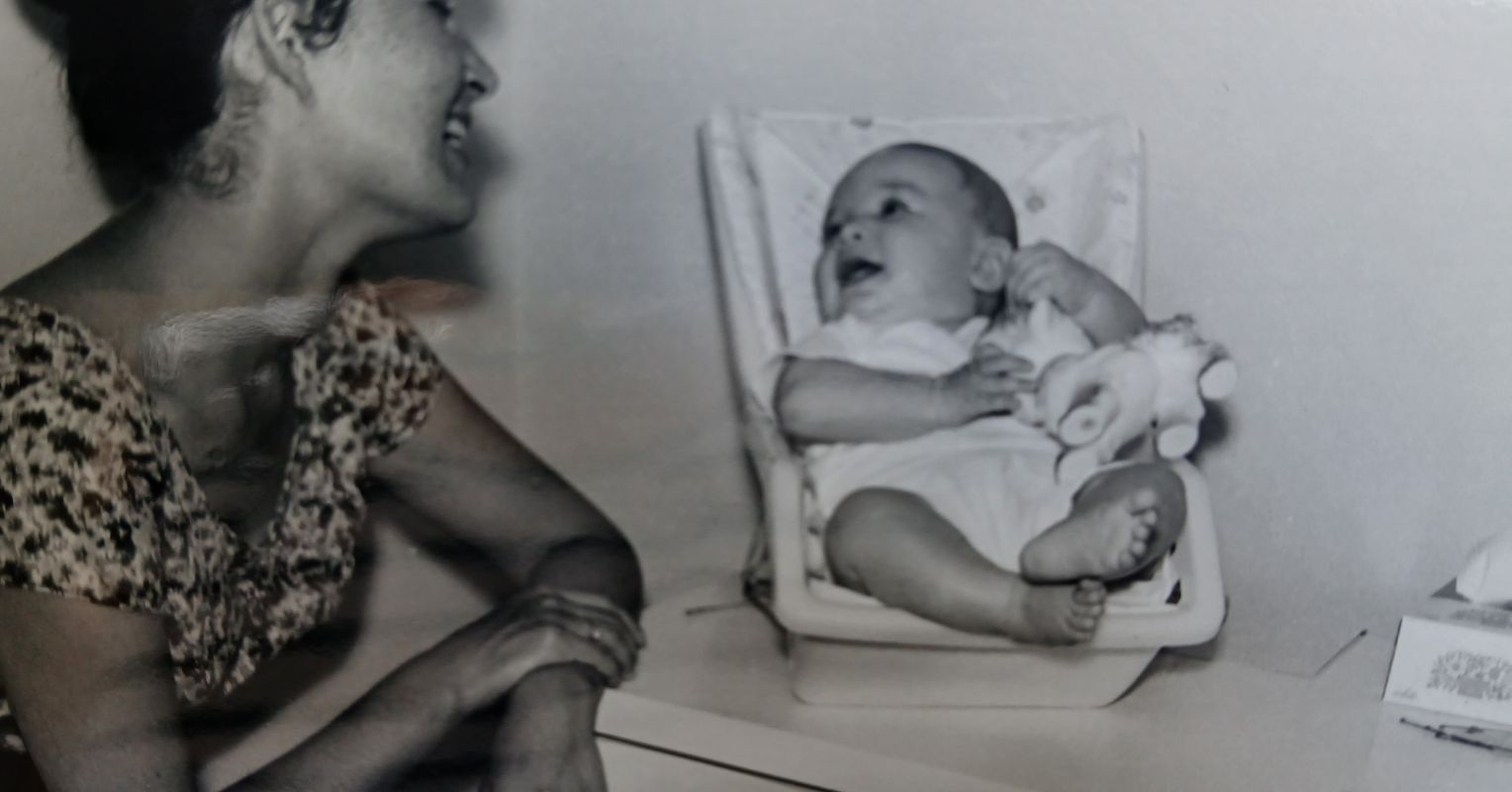
""In order to develop psychologically, babies need to experience some frustration. This will happen naturally, because the mother will be occupied with other tasks and cannot come as quickly as the baby now expects.""
""During babyhood, it is indeed important for the mother (and other caregivers) to respond promptly and caringly to the baby's cries and needs. After a time, though, the baby needs to experience something different.""
Understanding maternal imperfection lightens the pressure of achieving perfection in motherhood. The notion of a "good-enough" mother, introduced by Donald Winnicott, emphasizes that mothers should respond to babies' needs but allow them to face manageable frustrations. Such experiences help babies develop resilience and self-reliance. Parenting is influenced by biology and genetics, impacting a child's temperament significantly. Imperfection in mothering can play a role in a child's psychological growth, allowing them to learn resourcefulness in a loving environment. Engagement and detachment from caregivers can both contribute to healthy emotional development.
Read at Psychology Today
Unable to calculate read time
Collection
[
|
...
]